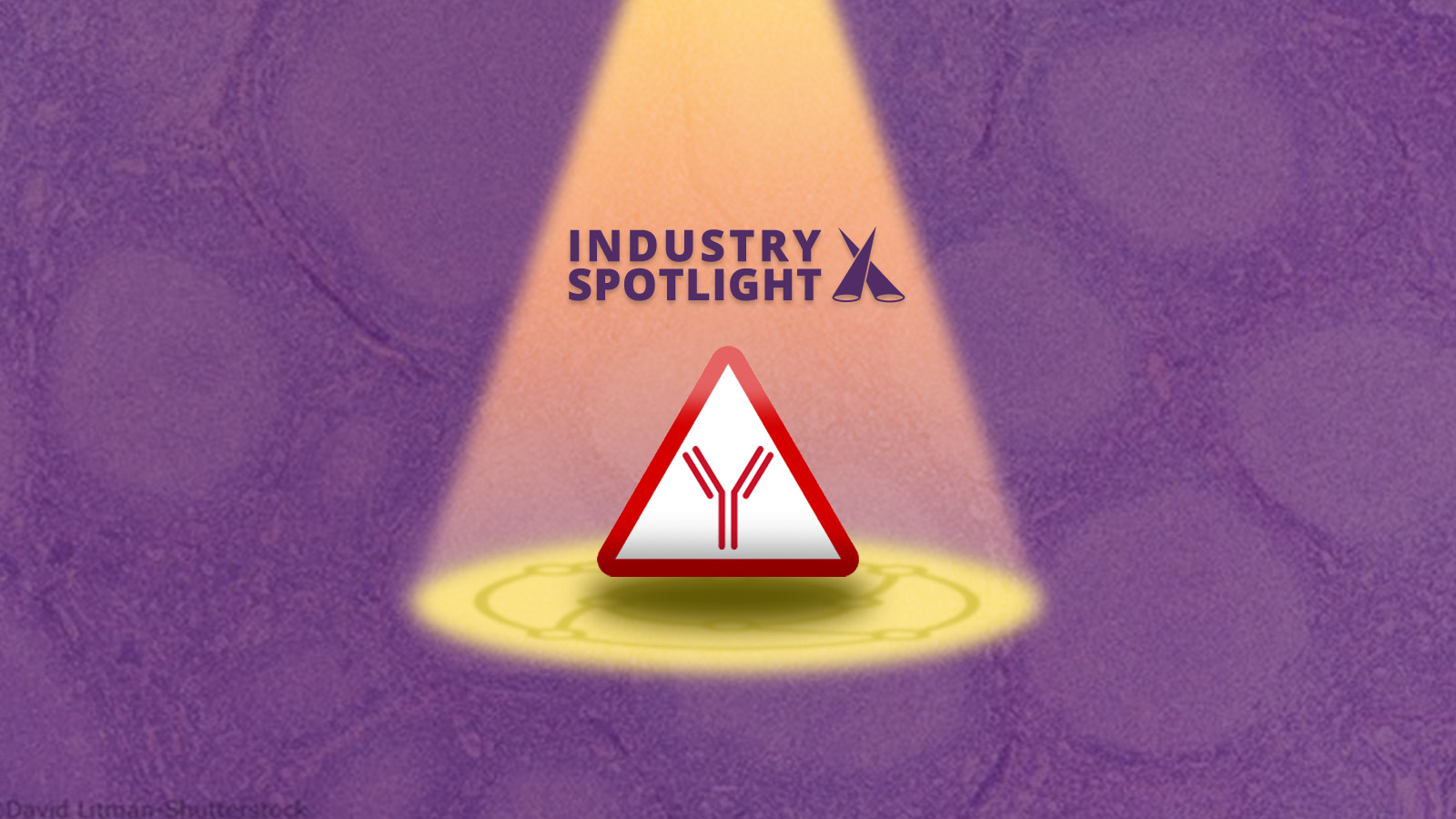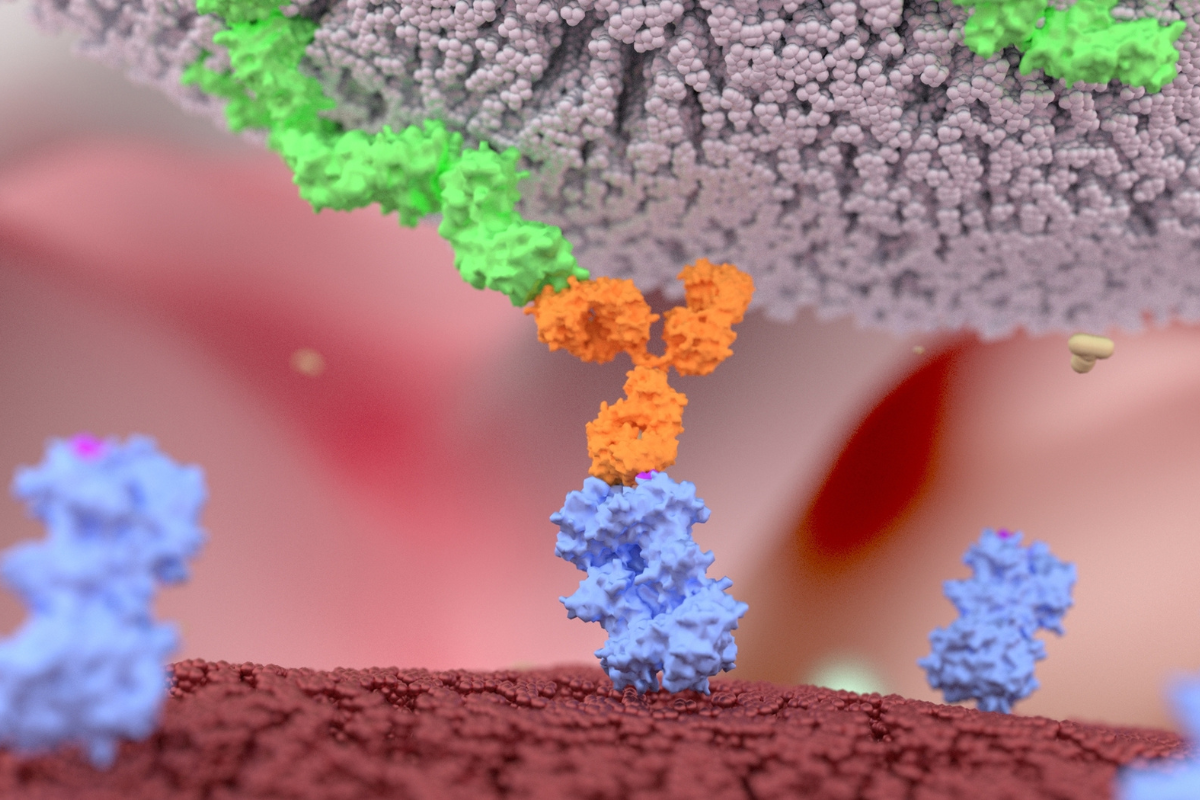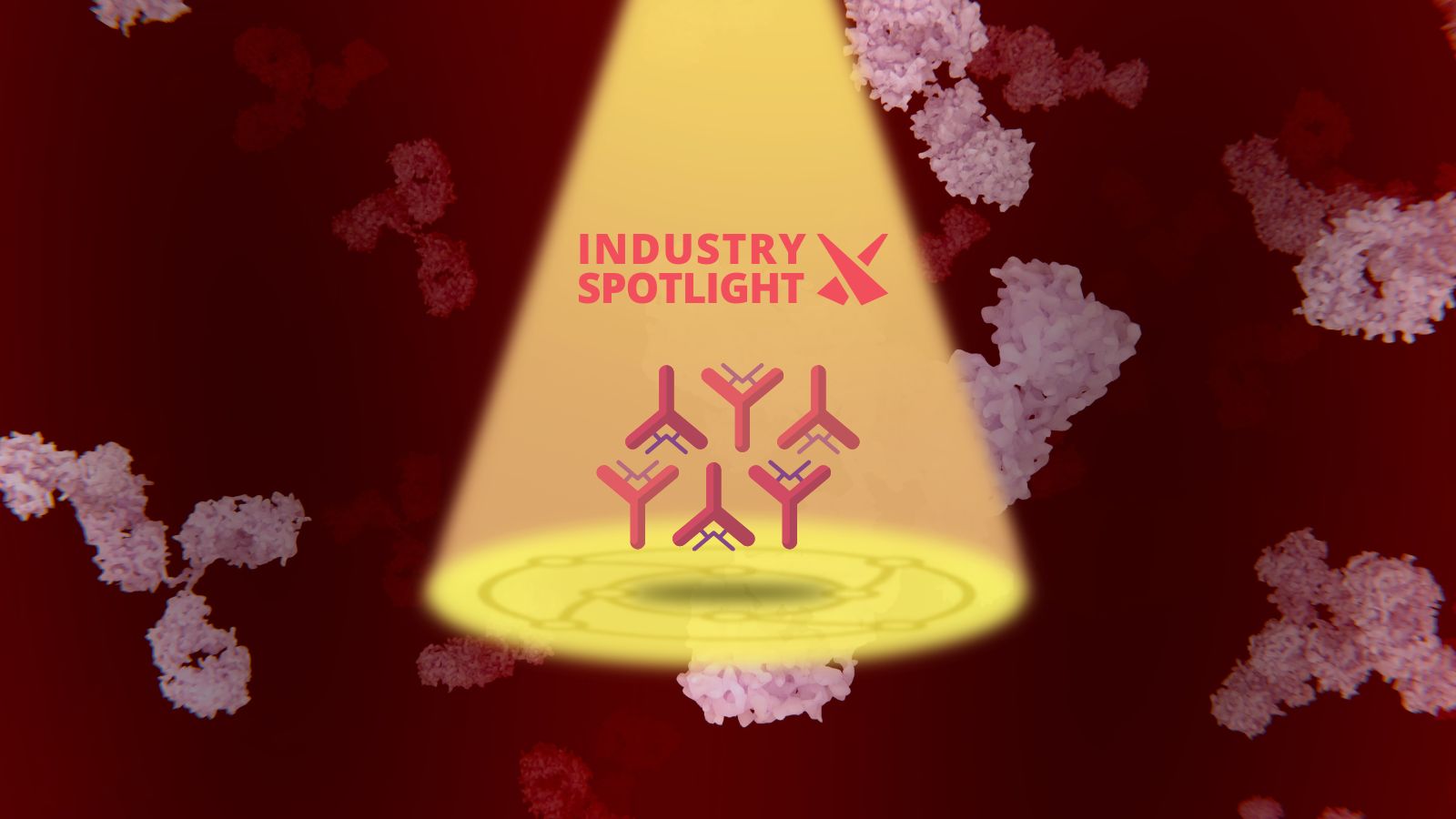Regeneron’s New Bispecific: A Toxic Success?

At the 64th American Society of Haematology Annual Meeting, Regeneron presented data from the Phase II trial ELM-2 for the CD20-targeting bispecific odronextamab. The data showed very promising results, but the questionable safety profile means that the likelihood of the therapeutic antibody gaining regulatory approval to progress to Phase III trials is somewhat dubious.
- Oxford Global’ s R&D Key 40 Stories 2022
- Heart-to-Heart or Head-to-Head: Amgen Heart Drug to Challenge Novartis
- Dual-Action Malaria Vaccine Takes the Punch out of the Parasite
The ELM-2 trial assessed the anti-tumour activity and safety profile of odronextamab in patients with relapsed or refractory B-cell lymphoma (DLBCL) who had not tried CAR-T therapy. Of the 131 evaluable patients, 49% had an objective response rate, whilst 31% had a complete response. In an interview, Andres Sirulnik, MD and SVP of translational clinical sciences in haematology at Regeneron, stated that he believed the company had set “a new benchmark for efficacy in patients living with heavily pre-treated relapsed refractory follicular lymphoma."
However, odronextamab threw up a wealth of adverse effects which persisted throughout the trial. Two years ago, concerns over cytokine release syndrome (CRS) led to the FDA putting a clinical hold on the therapeutic antibody which was not lifted until May 2021. CRS is a common risk with this class of drug, and Regeneron therefore implemented an extended step-up regimen to gradually increase dosage until the recommended amount was reached.
Even if the FDA grants accelerated approval, the question of whether odronextamab’s positive data will matter in light of its safety profile remains.
Despite this additional precaution, incidents of cytokine release syndrome still littered the mid-stage tests. Sirulnik stated that grade III or higher incidents were broadly avoided, with only one grade III case recorded in the study's follicular lymphoma (FL) portion. However, CRS was not the only safety issue encountered: all 131 FL patients experienced treatment-emergent adverse events, with 118 considered treatment-related. There were 17 deaths, six of which were linked to treatment.
Nonetheless, the Phase III trial for FL is proposed to begin in 2023, with Regeneron seeking to get regulatory approval sooner under the accelerated pathway. This is not guaranteed, though, as the FDA has increased scrutiny on such approval requests, as they want Phase III confirmatory studies to be “substantially enrolled” when the request is filed.
But even if the FDA grants accelerated approval, the question of whether odronextamab’s positive data from the ELM-2 trial will matter in light of its safety profile remains. Though Sirulnik insisted that the rate of adverse effects was expected, it’s hard to ignore the fact that other DLBCL-treating bispecifics, such as Roche’s glofitamab and Abbvie and Genmab’s epicoritamab, have equally encouraging data, and the added bonus of no treatment-related deaths.
Join Oxford Global’s annual Biologics UK: In-Person event today. This 3-day conference brings together a panel of prominent leaders and scientists, sharing new case studies, innovative data, and exciting industry outlooks.
Get your weekly dose of industry news here and keep up to date with the latest ‘Industry Spotlight’ posts. For other Biologics content, please visit the Biologics Content Portal.









